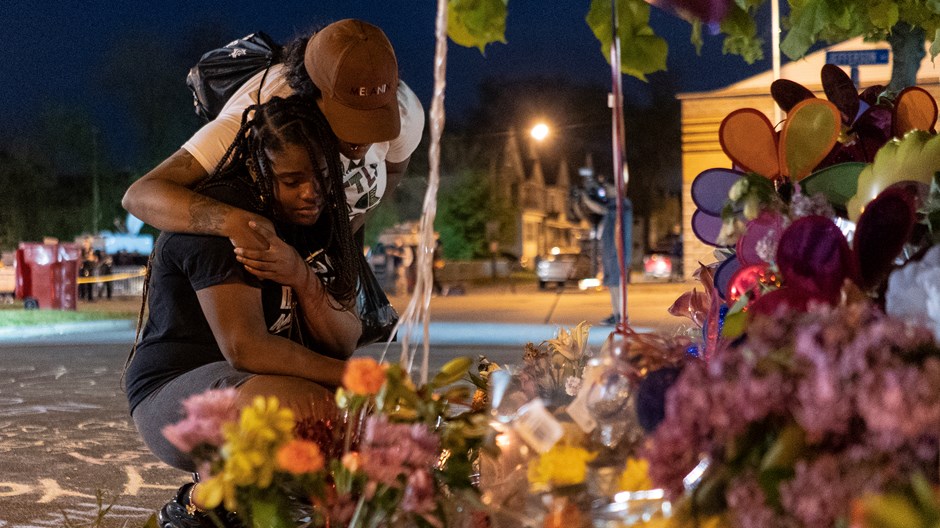
On June 17, 2021, President Biden signed the Juneteenth National Independence Day Act. This act made June 19 a federal holiday: the first since Martin Luther King Jr. Day was signed into law in 1983.
Holidays give us a chance to look back and remember. In our families, our churches or our nation, they are one of the ways we tell our collective story. A challenge in our culture is that we often forget the original reason for the celebration, or it is supplanted by irresistible shopping discounts that claim our attention. (The Fourth of July sales will be here before we know it!) So as we commemorate the second anniversary of Juneteenth as a federal holiday, what does this day have to say to Christians in the United States of America?
Juneteenth is a call to remember. When we confront issues of racial and economic injustice, some conversations fail to account for the historical factors that have influenced the present reality. For example, the racial wealth gap we see today cannot be separated from decades of employment discrimination, disparities in educational opportunities and limited access to financial markets.
Juneteenth reminds us that after the Emancipation Proclamation of 1863, it took two years for the news to reach Texas that enslaved people were free. This is a day that challenges us to name and wrestle with America’s violent and white supremacist history, which has undoubtedly paved the way for ongoing racial violence in our country.
As we remember these truths about the past, let’s not forget to tell the truth about the present. Food deserts persist in many Black, brown and poor communities. Black mothers are three to four times more likely to die from pregnancy-related causes than white women. In other words, while we live in the “land of the free,” not everyone has heard the good news, as was the case in Texas in 1865. Not everyone is liberated. We still have work to do.
Resources
Juneteenth is both a cause for celebration and a call to action
The history of racial violence in this country runs deep. Juneteenth calls us to remember and repair the damage.
By Michael W. Waters
Why our schools aren’t doing justice to the complexities of Black history
The problem isn’t critical race theory. We should worry about miseducation instead.
By LaGarrett King
Juneteenth is a chance to rethink our gun culture
Christians should work together to address our nation’s hate-motivated gun violence.
By Edward-Richard Hinds
Before you go…
When the Israelites prepared to cross the Jordan River, Joshua commanded them to take 12 stones from the river and carry the stones with them to their camp (Joshua 4:8). Joshua told them that the stones were to serve as a sign. In the future, when their children asked about the meaning of the stones, they were to tell the children the story of what God had done for them at the Jordan River.
Juneteenth should be a sign for Christians in America. When our children ask what this day is all about, we need to have an answer for them. We must tell them the truth about what has happened and the truth about the unfinished work that lies before us.
You can always connect with me and the Alban Weekly team at alban@duke.edu. Until next week, keep leading!
Prince Rivers
Editor, Alban at Duke Divinity




